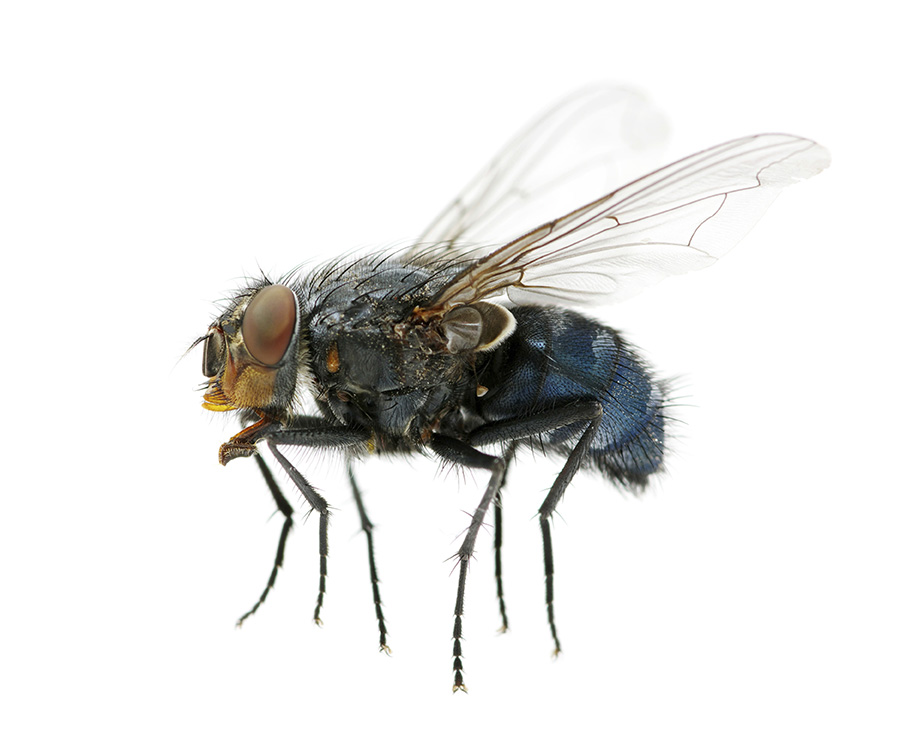Dog allergies treatments are around for owners who have creatures that suffer from reactions. It is possible for animals to have allergic reactions to items which can be in the house, meals, their very own hair, or perhaps substance goods. It can be difficult to get the origin of such allergic reactions, particularly if the dog is allergic to a number of things.
Some allergic reactions may be related actual symptoms of serious ailments. If the allergic reactions are severe, the over counter remedies may be insufficient or not the correct one to treat the condition and may trigger more health problems. Because of this, you should see professional advice before using any product on your pet.
Specialists have the technology and the skill to find out what is really happening with the pet. Even though the symptoms and signs above are related to allergy suffering, there are possible chances that the animal is not suffering the same condition. The people who have pets that suffer from reactions might notice animal sneezing around harmful chemicals, have rashes on their skin, fur missing, runny eyes and nose, or showing signs of restlessness and fatigue.
The first task in helping the animal lead a proper, normal lifestyle is to notice these types of signs. The creature should be assessed for a thirty day period to see the way it reacts to the surroundings, meals, and even its own hair. Simply because creatures should continue to keep their bodies thoroughly clean, it may be entirely possible that they are ingesting allergens.
Combing the animal once daily and washing it once a month is the best approach to battle allergic reactions. Should the pet be found sensitive to certain foods, the culprit needs to be identified and a diet change may be necessary. If the animal develops flea dermatitis, this condition can be treated with various remedies and preventative measures should be taken to minimize the risk of future recurrences.
A pet care specialist can also help you identify inhalants in your home which could be triggering reactions. Just like humans, canines want to be healthy and comfortable. It's up to you, the owner, to recognize and respond to problems in your dog.
Never bathe your canine friend more than twice each month, as this could dry out the skin, causing it to become itchy. But after a problem has been recognized, it's easy to apply proper remedies. Your job is to be vigilant in identifying the problems before they get out of hand.
If you're looking for where to start, you can begin by making a call to your local pet care specialist. Internet research is a good idea, too. I hope this basic advice gives you and your dog a happier, more comfortable life together.

 Dangerous Summer Plants for Dogs
Dangerous Summer Plants for Dogs
Dangerous Summer Plants for Dogs
Dangerous Summer Plants for Dogs
 The Skinny on Dog Skin Conditions
The Skinny on Dog Skin Conditions
The Skinny on Dog Skin Conditions
The Skinny on Dog Skin Conditions
 What to Expect Should Your Dog Need Anesthesia
Necessity of Anesthesia
Some veter
What to Expect Should Your Dog Need Anesthesia
Necessity of Anesthesia
Some veter
 Protect Your Dog From These Hidden Hot
Summer means ice cream, hikes in th
Protect Your Dog From These Hidden Hot
Summer means ice cream, hikes in th
 How to Tell if a Dog is Dehydrated
How to Tell if a Dog is Dehydrated
How
How to Tell if a Dog is Dehydrated
How to Tell if a Dog is Dehydrated
How